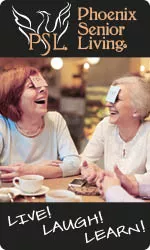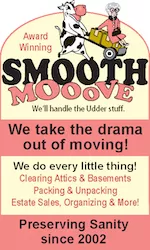Aid and Attendance and Housebound Benefits
Aid and Attendance (A&A) is a benefit paid in addition to monthly pension of a veteran. This benefit may not be paid without eligibility to pension. A veteran (or surviving spouse) may be eligible for A&A when:
The veteran (or surviving spouse) requires the aid of another person in order to perform personal functions required in everyday living, such as bathing, feeding, dressing, attending to the wants of nature, adjusting prosthetic devices, or protecting himself/herself from the hazards of his/her daily environment, OR,
1. The veteran (or surviving spouse) is bedridden, in that his/her disability or disabilities requires that he/she remain in bed apart from any prescribed course of convalescence or treatment, OR,
2. The veteran (or surviving spouse) is a patient in a nursing home due to mental or physical incapacity, OR,
3. The veteran (or surviving spouse) is blind, or so nearly blind as to have corrected visual acuity of 5/200 or less, in both eyes, or concentric contraction of the visual field to 5 degrees or less.
Housebound is paid in addition to monthly pension. Like A&A, Housebound benefits may not be paid without eligibility to pension. A veteran (or surviving spouse) may be eligible for Housebound benefits when:
1. The veteran (or surviving spouse) has a single permanent disability evaluated as 100-percent disabling AND, due to such disability, he/she is permanently and substantially confined to his/her immediate premises, OR,
2. The veteran (or surviving spouse) has a single permanent disability evaluated as 100-percent disabling AND, another disability, or disabilities, evaluated as 60 percent or more disabling.
A veteran (or surviving spouse) cannot receive both Aid and Attendance and Housebound benefits at the same time.
For complete details of this VA benefit, visit the website for the
U.S. Department of Veterans Affairs.








